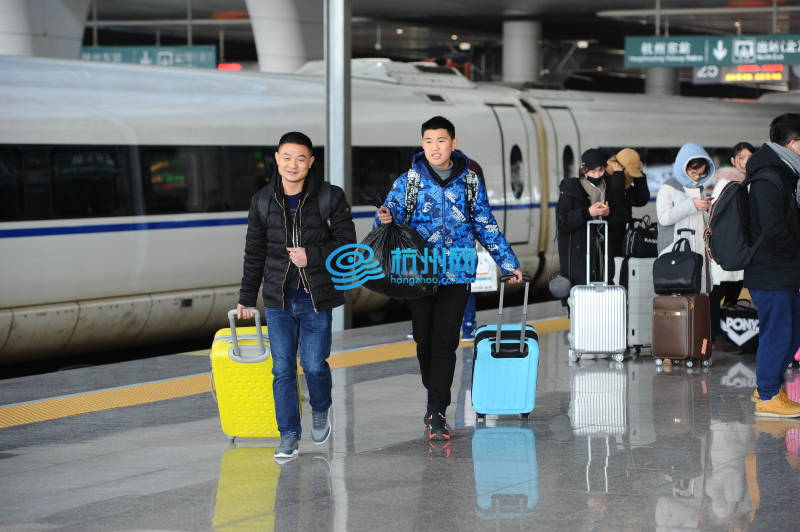China's railway operators have introduced more convenient policies for passengers, service providers said.
According to China State Railway Group, the national railway operator, university students could complete identification verification on the ticket booking app 12306 on their mobile phones starting from June 5.
The change is designed to make it easier for students to buy discounted tickets with the summer vacation on the way, and all students who update their status each year on the China Higher Education Student Information Network are eligible for the service.
Students can also use an in-person service to verify their status.
Also new is a commuter ticket, which is designed to provide a cheaper and easier service for regular commuters.
According to China Railway Shanghai Group, the regional service provider, two high-speed lines — the Nanjing-Hangzhou High-Speed Railway and the Hefei-Huangmei section of the Beijing-Hong Kong High-Speed Railway — started selling the new tickets on Thursday. The first ticket is similar to a monthly pass, and allows passengers to make up to 60 journeys in 30 days. The second allows for up to 20 rides in 90 days.
Travelers can reserve seats online or skip buying tickets by scanning their identification card upon boarding.
The new commuter tickets are more flexible than regular tickets, which must be booked in advance and for specific services. Passengers with commuter tickets can select tickets flexibly from multiple trains, making it more like taking a bus.
If there are still tickets available, passengers can skip reservations and scan their ID cards to board the train.
The new commuter tickets are also cheaper. For example, the cost of a second-coach monthly ticket on the Nanjing-Hangzhou High-Speed Railway is 5,148 yuan ($724) for up to 60 rides, meaning that each ride costs 85.8 yuan as opposed to 110 yuan for a regular ticket.
The new commuter tickets will be available on five lines in the Yangtze River Delta Region.
According to the 12306 website, commuter tickets are available on more than 70 lines across China. Most link cities with large numbers of commuters such as Beijing and Shanghai, Guangzhou and Shenzhen in Guangdong province, Chengdu in Sichuan province and Chongqing, and Lhasa and Nyingchi in the Xizang Autonomous Region.
As the national railway network, especially the high-speed railway network, has expanded over the past 15 years, travel times have been slashed, offering greater convenience and boosting regional social and economic development.

